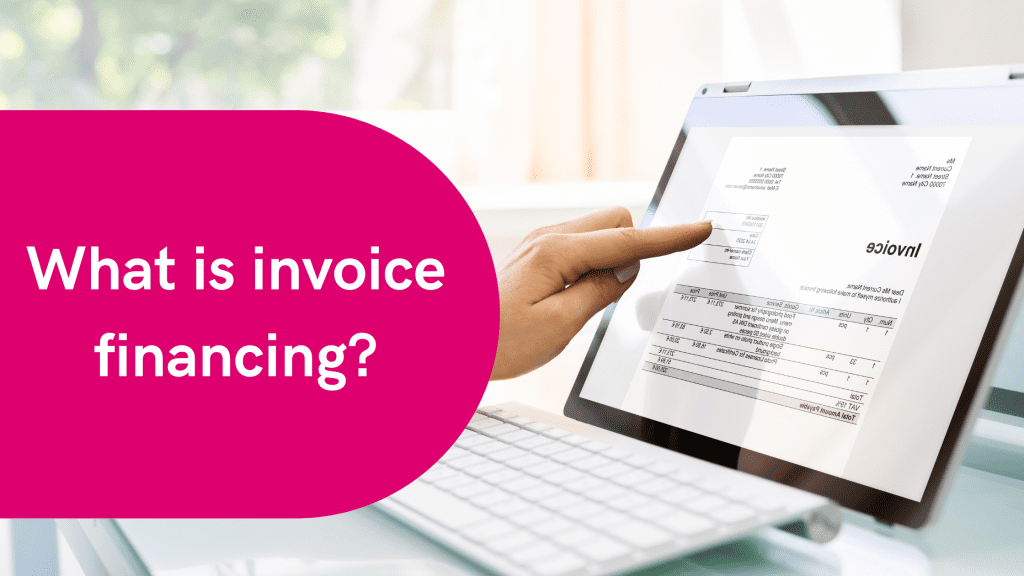
Elevate Your Business: A Guide to Improving Your Business Credit Score Your business credit score is a valuable asset that…

Elevate Your Business: A Guide to Improving Your Business Credit Score Your business credit score is a valuable asset that…

The UK Energy Crisis: Navigating Turbulent Waters in Business The United Kingdom is currently facing an energy crisis that is…

Unlocking Opportunities: A Comprehensive Guide to UK Business Grants In the dynamic landscape of UK business, growth and innovation are…

Navigating the Seas of Start-up Funding: A Guide for UK Entrepreneurs In the dynamic business landscape of the UK, start-up…

Navigating HMRC Time to Pay Arrangements: A Lifeline for UK Businesses In the complex world of business finance, one of…

In the realm of business finance, one solution that has been gaining traction, especially among small and medium-sized enterprises (SMEs),…

What is Asset Finance? In today’s fast-paced business world, staying ahead often means having the right tools and equipment at…

Should I Get a Business Loan? Running a successful business often requires a steady flow of capital to cover various…

What Lenders Look for When You’re Applying for a Business Loan Securing a business loan is a critical step in…

In the ever-evolving landscape of business and finance, staying ahead means leveraging every available resource to fuel growth and efficiency….